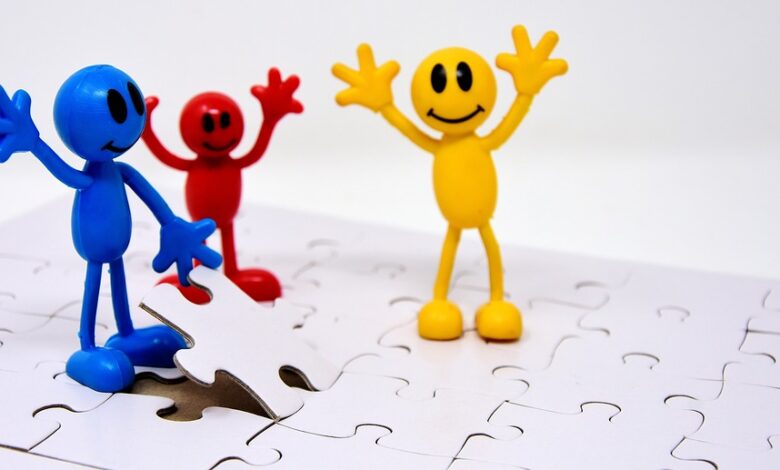Puzzle Games as Therapy: The Benefits of Gaming for Mental Health

In recent years, there has been a growing recognition of the therapeutic benefits that puzzle games can provide for mental health. Gone are the days when gaming was considered a mindless and harmful pastime. Research now suggests that certain types of games, particularly puzzle games, can have positive impacts on various mental health conditions, including stress, anxiety, depression, and even cognitive decline.
One of the primary reasons puzzle games are believed to be beneficial for mental health is their ability to engage and challenge the brain. Puzzles require problem-solving skills, critical thinking, and logical reasoning. By consistently engaging in these mental exercises, individuals can improve their cognitive abilities, including memory retention, spatial awareness, and attention span. These games effectively stimulate the brain, helping it to stay active and sharp.
Furthermore, puzzle games can act as effective stress relievers. The repetitive and calming nature of these games provides an escape from the demands of daily life, allowing players to relax and unwind. Studies have shown that puzzle games can increase the release of endorphins and decrease stress hormones, contributing to a sense of well-being and relaxation. The sense of accomplishment and satisfaction that comes from successfully completing a challenging puzzle can also boost confidence and self-esteem.
For individuals struggling with anxiety and depression, puzzle games can offer a means of distraction and diversion. Engaging in gameplay can shift the focus away from negative thoughts and emotions, providing a much-needed mental reprieve. The concentration required to solve puzzles can lead to a meditative state, promoting mindfulness and reducing anxiety symptoms. They can serve as a healthy coping mechanism and an alternative to harmful behaviors, such as excessive substance use or self-isolation.
Moreover, puzzle games have shown promise in managing cognitive decline and age-related memory loss. As individuals age, their brain function may gradually decline, leading to short-term memory challenges and decreased cognitive abilities. Engaging in puzzle games can help slow this decline, as they require the brain to think critically and remember patterns. Studies have indicated that regular puzzle game sessions can improve memory, attention, and problem-solving skills in older individuals.
With the advent of mobile gaming, puzzle games have become easily accessible to individuals of all ages and backgrounds. Many puzzle games can be played on smartphones, tablets, and computers, allowing individuals to engage in gaming therapy wherever and whenever they please. Their portability and convenience make them an appealing option for those seeking mental health benefits on-the-go.
While puzzle games can offer an array of advantages for mental health, it is important to note that moderation is key. Spending excessive amounts of time playing games can potentially lead to other issues, such as social isolation or neglecting real-life responsibilities. It is always essential to strike a balance between gaming and other aspects of life, such as work, personal relationships, and physical exercise.
In conclusion, puzzle games can no longer be dismissed as mere entertainment. They are increasingly recognized as a valuable tool for mental health therapy. From enhancing cognitive abilities and reducing stress to managing depression and anxiety, puzzle games offer a range of benefits. However, it is important to approach gaming responsibly and in moderation, ensuring that it remains a healthy and enjoyable activity.





